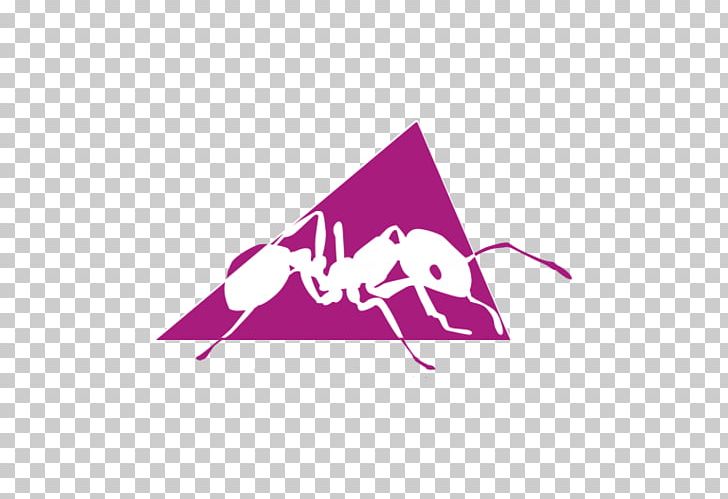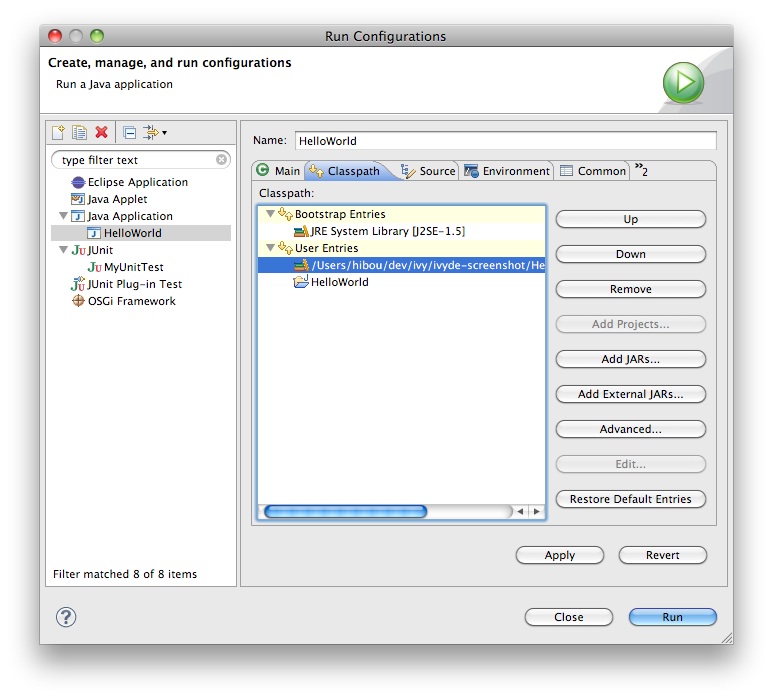

Bugzilla Report 65489 Made sure setting piler to the fully qualified classname that corresponds to extJavac or modern has the same effect as using the shorter alias names. Note that this isn't strictly necessary, since the second resolver in a dual resolver (the artifact resolver) is never asked to find module metadata.īuildfile: src\example\dual\project\build.xml Changes from Ant 1.10.11 TO Ant 1.10.12 Fixed bugs: - The http condition would follow redirects even when 'followRedirects' attribute was set to 'false'. The artifact resolver is simply an ibiblio one, configured in m2compatible mode to use the maven 2 repository, with usepoms="false" to make sure it won't use maven 2 metadata. It fulfills the given pattern and will thus be found by this resolver. If we check the repository directory, we can confirm that it contains a file named commons-httpclient-ivy-2.0.2.xml. The settings given in this resolver says that all ivy files are in the same directory, named like that: -ivy-.xml. The metadata resolver, here a filesystem one, is used only to find module descriptors, in this case Ivy files. It is important that the dual resolver exactly has two sub resolvers in this given order. This dual resolver has two sub resolvers: the first is what is called the "ivy" or "metadata" resolver of the dual resolver, and the second one is what is called the "artifact" resolver. Here we configure one resolver, the default one, which is a dual resolver. The ivy settings is made in the settings directory it contains only one file: ivysettings.xml. Indeed, it's the philosophy of ivy to keep ivy files independent of the way dependencies are resolved.

repository: a sample repository of ivy files.settings: contains the ivy settings file.It contains a build file and 3 directories: Let's have a look at the src/example/dual directory in your ivy distribution.
Apache ant ivy how to#
) at another place.ĭual Resolver is used to address this kind of need, and this tutorial will show how to use it. ) are located at one place and module artifacts (jars. In some cases it may happen that your module descriptors (Ivy files, maven pom. Apache Ivy is a very powerful dependency manager oriented toward Java dependency management, even though it could be used to manage dependencies of any kind. Using Ivy in multiple projects environment Apache Ivy (a project managed by the Apache Ant Committee).


 0 kommentar(er)
0 kommentar(er)
